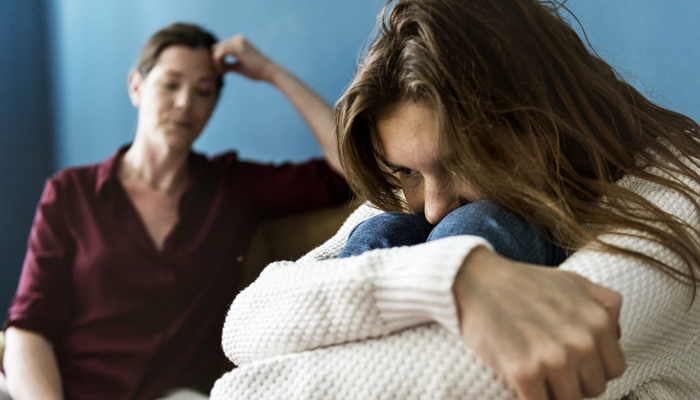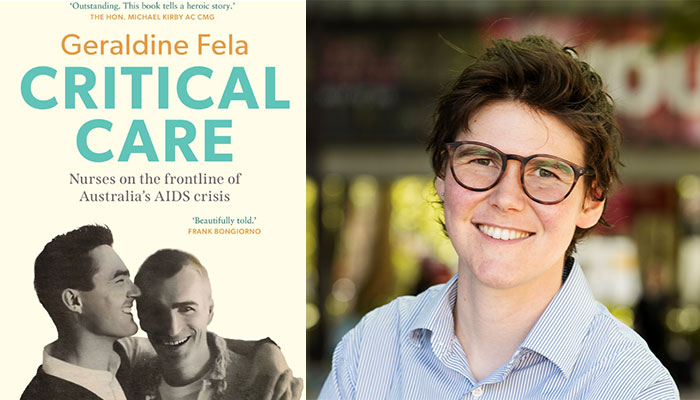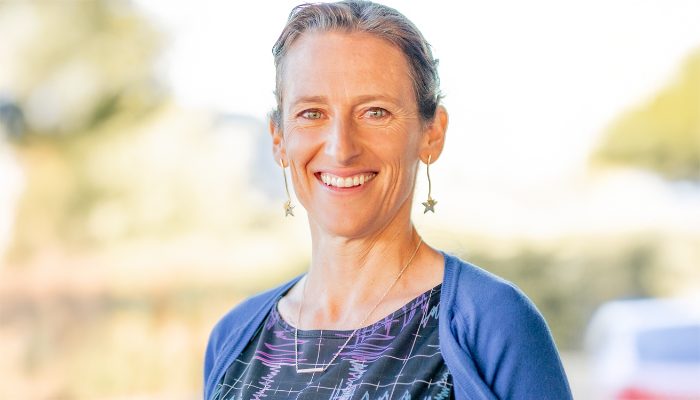A major issue globally, 75 percent of people with a mental health issues first develop symptoms before the age of 24. Professor Jennie Hudson, Distinguished Professor Ron Rapee, and Professor Viviana Wuthrich from Macquarie University’s Centre for Emotional Health are collaborating with Professor Cathy Creswell from Oxford University to pinpoint what mental health treatments make the most difference in preventing and treating youth anxiety and depression.
Professor Hudson believes the project’s success will hinge on the vital perspective of those with lived experience of mental health difficulties. “For this reason, we are delighted that Macquarie psychology student, Maddison O’Gradey Lee, will serve as our lived-experience youth advisor on the team,” she says.
“Our aim is to identify the most impactful exposure-based therapies to drive the next generation of treatments and approaches for managing youth mental health,” Professor Hudson said.
“We will be reviewing the global body of evidence to present an insight analysis into what is most effective at reducing avoidance. We already know that when young people are supported in therapy to face their fears, we see gradual but sustained progress in their confidence levels,” she added.
Exposure Therapy is where the patient confronts a feared object or situation in a planned manner with a therapist. Commonly referred to as ‘facing your fears’, Exposure Therapy is considered a critical component of cognitive behavioural therapy.
According to Professor Hudson, evidence to date shows that confronting fears and reducing avoidance to those fears leads to superior improvements compared to other techniques.
“The success of exposure intervention is dependent on a number of other factors, which our team will examine. In analysing the data on youth anxiety, we aim to establish exactly what the facets are of cognitive behavioural therapy and what makes them work for certain people,” she concluded.
Mental health problems are predicted to be the main cause of global mortality and morbidity by 2030. The Wellcome Trust’s mental health program is awarding £200 million (AUD$365 million) to transform understanding prevention and treatment of anxiety and depression in young people.
The Macquarie-Oxford team will report their findings in October 2020.




